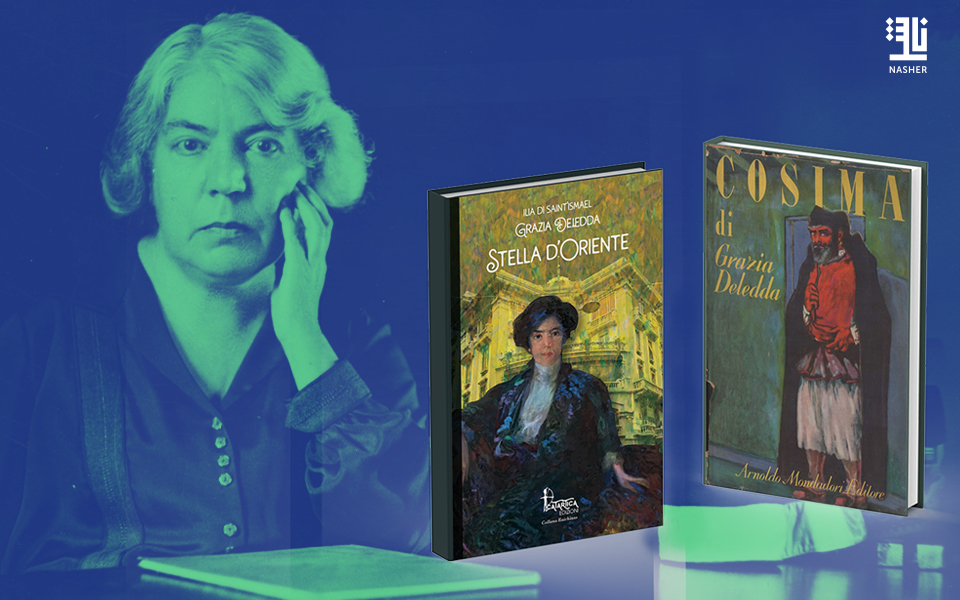Grazia Deledda, the illustrious Italian writer who passed away on August 15, 1936, remains a towering figure in world literature. Awarded the Nobel Prize in Literature in 1926, Deledda was celebrated for her profound narrative voice, which captured the essence of Sardinian life with unmatched authenticity. Her Nobel recognition was not just a personal triumph but a victory for regional literature, elevating the stories of Sardinia to the global stage.
Deledda’s most prominent works, including “Reeds in the Wind” (Canne al vento) and “The Mother” (La madre), are steeped in the rustic beauty and complex social dynamics of her native island. Her literature is characterized by its deep exploration of human emotions, moral dilemmas, and the interplay between fate and free will. Deledda’s protagonists often grapple with internal conflicts, set against the backdrop of a harsh and unforgiving environment. Her writing is marked by a lyrical quality, blending realism with elements of folklore, and an acute sensitivity to the nuances of rural life.
The impact of Deledda’s work on world literature is significant. She brought the rich cultural tapestry of Sardinia to a global audience, offering insights into a society often overlooked by mainstream European literature. Her exploration of universal themes—such as the struggle between tradition and modernity—resonated with readers beyond Italy’s borders, contributing to a broader understanding of the human condition.
Grazia Deledda’s literary legacy endures, not only through her evocative storytelling but also in her role as a pioneer who opened the doors for regional voices in world literature. Her Nobel Prize was a well-deserved acknowledgment of her contribution to the richness and diversity of global literary heritage.







